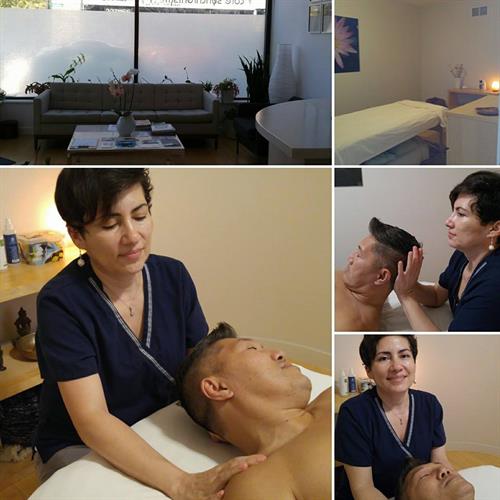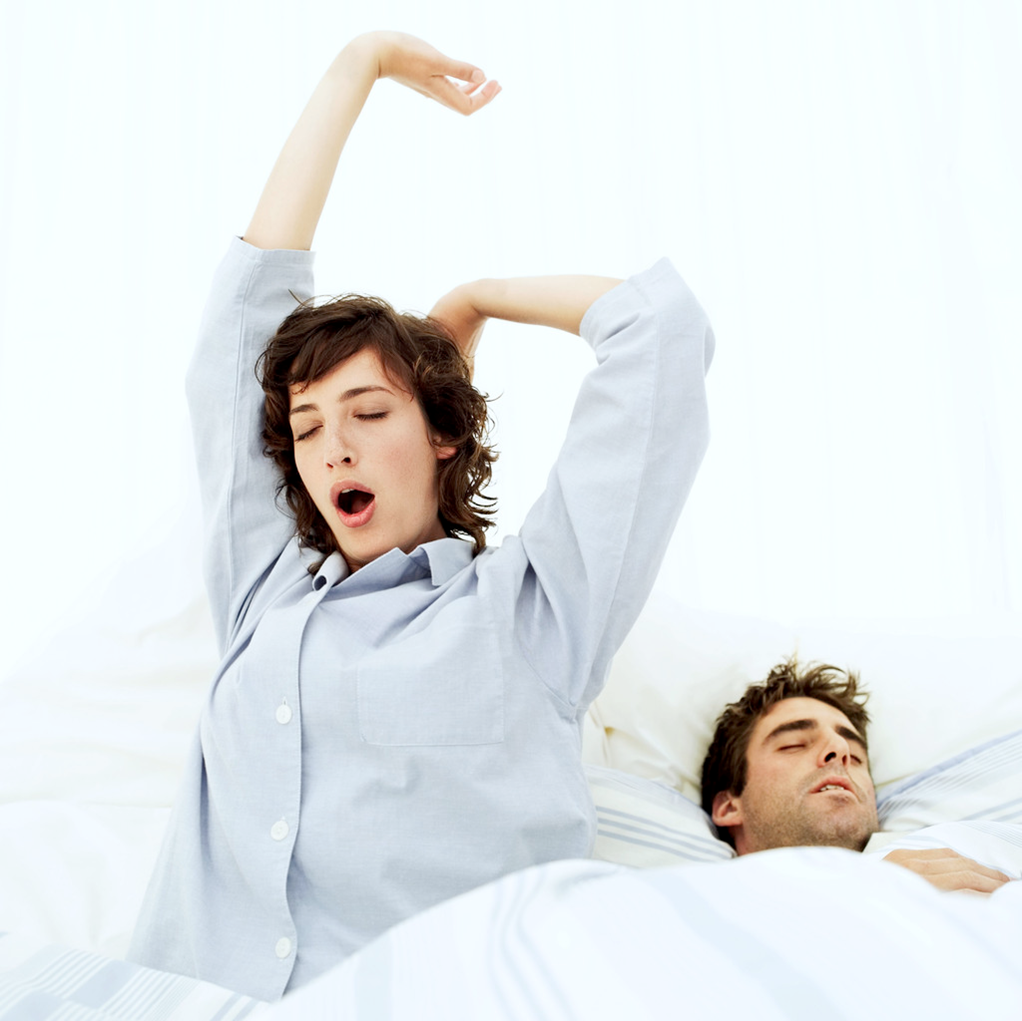“Insufficient sleep is a public health epidemic” CDC
These modern times we have instant everything. Giving us instant convenience, solutions, and results which is great but brings with it a lot of stress that can hinder sleep.
What are the statistics:
Some 70 million people in the United States have a sleep problem. About 40 million adults suffer from a chronic sleep disorder; an additional 20 – 30 million have intermittent sleep-related problems. (National Heart, Lung and Blood Institute)
Persons experiencing sleep insufficiency are also more likely to suffer from chronic diseases such as hypertension, diabetes, depression, and obesity, as well as from cancer, increased mortality, and reduced quality of life and productivity.
According to James Maas, PhD, retired Cornell scientist and one of the world’s foremost sleep researchers. “People devalue sleep and are completely unaware of what happens to them when they have a deficit,” Maas says. “As a society we are so habituated to low levels of sleep that most of us don’t know what it feels like to be fully alert and awake.”
We treat sleep like a “tradable commodity,” adds University of Chicago sleep researcher David Gozal, MD, sacrificing it for work, entertainment or some other lifestyle choice. In large part, he believes, we do this because it can take months or even years for a disease caused by sleep deficit to fully emerge.
In the meantime, everything from our health to our relationships to our sense of wonder gets diminished. “Sleep is the food of the brain,” says Gozal. And a great many of us aren’t just hungry for sleep, he notes. “We are starving.”
INSOMNIA in America
Insomnia is the most common sleep problem for America’s adults, according to NSF polls. More than one-half of adults in America (54%) said they experienced at least one symptom of insomnia a few nights a week; one-third (33%) reported having a symptom every night or almost every night in the past year. (NSF 2005 Sleep in America poll).
Want to know how to achieve better sleep?
A natural more holistic approach and an alternative to sleep medication for example is just getting a weekly massage to help you combat stress. Just ask your doctor more professionals are advising their patients to include bodywork in there healthcare treatment plans.
The benefits of getting a good night sleep:
- Keep your heart healthy
- Reduce stress
- Reduce inflammation
- Makes you more alert
- Improves your memory
- Helps you lose weight
My goal in helping my clients achieve a more restful sleep with therapy aimed to develop, maintain, rehabilitate, or augment physical function with structural balance to reduce and prevent chronic pain. To help you spend more time in the restorative stage, deep sleep important in overall health and well-being.
What you can do at home
Ever tried diffusing essential oils to help trigger your body to wind down and fall asleep. A great blend like Serenity from Doterra is a calming blend and the aroma is described to be sweet, warm and powdery, that will do the trick.
Serenity Blend by Doterra Ingredients: Lavender Flower, Sweet Marjoram Leaf, Roman. Chamomile Flower, Ylang Ylang Flower, Hawaiian Sandalwood essential oils and Vanilla Bean Absolute. You can contact me for information how to buy it or go too Mydoterra Link

